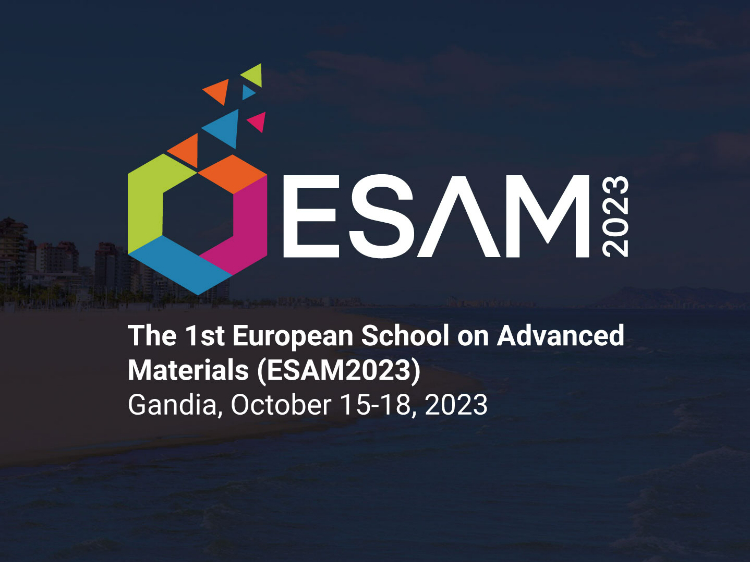
#ESAM2023 is one of the joint actions planned in the aforementioned programme to give visibility to the national scientific-technological community, train new generations of scientists in the discipline, disseminate the results of the laboratories and work to ensure that the knowledge generated is transferred to industry.
Financed through the European Commission's Next Generation EU funds, the Spanish Programme on Advanced Materials involves the participation of seven spanish regions to promote biotechnology applied to health, marine sciences, quantum communication, energy and renewable hydrogen, agri-food, astrophysics and high-energy physics, and biodiversity.
The programme establishes, for example, the promotion of multidisciplinary research on graphene and other two-dimensional materials; the development and integration of innovative processes for the generation and storage of renewable energies (green hydrogen or photovoltaic energy) and the capture and recovery of carbon dioxide. It also includes the design of materials with advanced functionalities that respond to external stimuli and are useful for information and communication technologies, health, mobility, habitat and the environment.
All the school's discussion topics are linked to the challenges of the European Strategy related to energy and so-called intelligent transport; information and communication technologies (materials for efficient manufacturing of electronic components, new concepts of information storage and processing, optimised detection, etc.); the environment, sustainability or health (biomaterials to increase and improve life expectancy and quality of life).
Registration for #ESAM2023 is now open through its website. In addition to funding from the Spanish Government, the first European School on Advanced Materials is supported by the Generalitat Valenciana, the Spanish Royal Society of Chemistry and the Specialised Group on Nanoscience and Molecular Materials.

